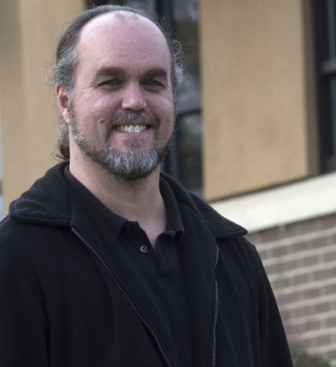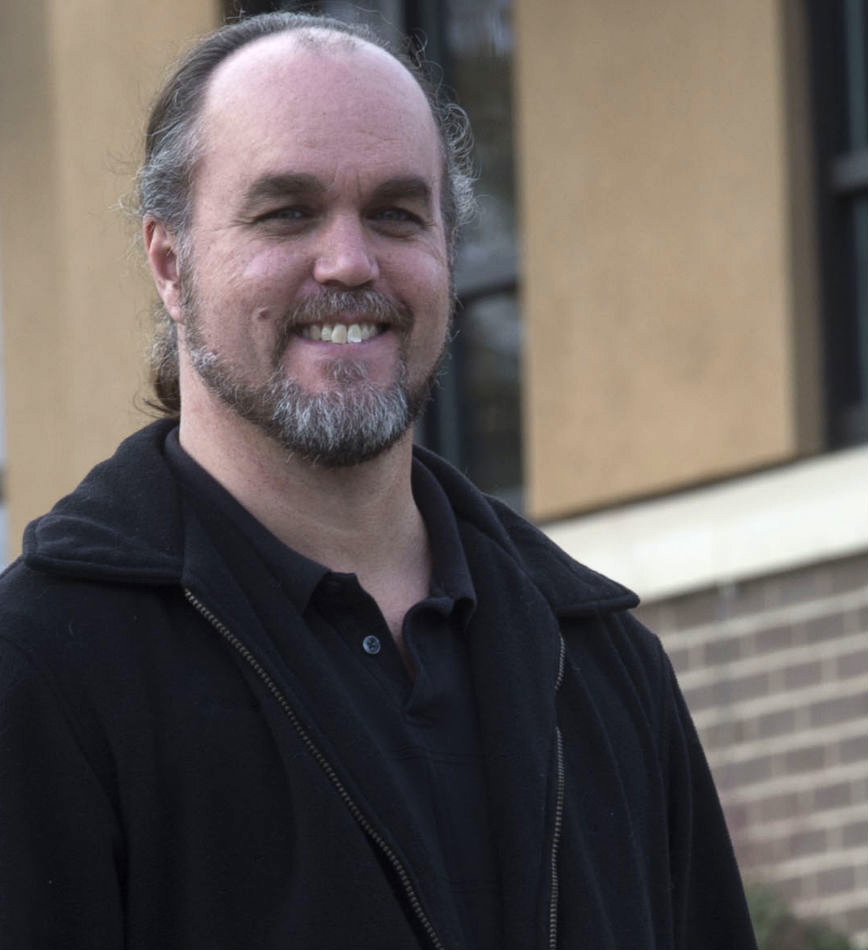 When you live in an abnormal situation, one that fundamentally is not suited to humans beings, there is no possibility of a normal response. You may fight, you may go along, you may go crazy or any number of other adaptations, but normalcy in the middle of the situation is out of reach.
When you live in an abnormal situation, one that fundamentally is not suited to humans beings, there is no possibility of a normal response. You may fight, you may go along, you may go crazy or any number of other adaptations, but normalcy in the middle of the situation is out of reach.
My first four years as a prisoner were spent in an institution with segregated dorms. More accurately, black prisoners with a history of discipline issues were segregated into dorms 13 and 14 on the top floor of the worst building in the prison. Sending a prisoner to the third annex was the last step before isolation in the cell block. Dorm 12 was on the third annex as well, but it was smaller and housed guys who had trustee jobs, were in school and generally doing the “right” things.
I had lived in the “good” dorm (because of my job) for a few months when things changed. Segregating prisoners by race had actually been illegal for many years, but the authorities there had ignored the law until a new warden arrived. He was intent on changing the way things had been done, or at least appearing to do so, so he dismantled the “good” dorm and placed the white prisoners into the previously segregated housing units. To white guys like me this didn’t seem like a great idea. Our main objection was that some of the black prisoners in these dorms had stated that they would never allow a white to live there unless he paid protection or submitted to being a sex slave.
The day came to move, and as I walked into the new dorm with my stuff an old guard looked at me and whispered, “You know what to do, Lash.” The prison was in the mountains of north Georgia, the beginnings of Appalachia. Most of the guards, especially the older ones, had racist views of blacks and often saw the white prisoners as potential allies, at least in some ways. More than once I had been caught with a homemade knife, what we called a shank, only to be told to “move along.”
What he was saying to me as I walked past the bars was to stab one or more of the black guys, start a race riot in the dorm, then wait for the prison goon squad to come in and crack some skulls. In his mind it made perfect sense, and he reflected what was the basic strategy of the administration:
First they would get to keep us divided by race, making it easier to control all of us. Second, they would get to look like they were following the law while at the same time reinforcing the system they had in place. They could say they tried to integrate, but it just didn’t work out.
I remember the moment with utter clarity. He was probably in his 60s, short and stooped, with white hair, a wrinkled face and yellow fingers from chain smoking. He was utterly sincere when he spoke to me, assuming (rightly) that I would understand him.
I was young then, only in my early 20s, but I felt older than I do now. I had been in prison for four bloody and tense years. I was weary in the truest sense, weary of fear and hatred and constant violence. All that flashed through my mind as I looked into his eyes with equal sincerity and said, “Fuck you.” He seemed startled, but didn’t do anything as I kept walking.
That moment, though it took me a long time to realize it, epitomized the journey I would be on for decades to come. I saw in that instant that I lived in a system that was morally and practically dysfunctional, and one that I could never adapt to in a “normal” way. I saw that when you live in a dysfunctional system it is impossible to have a normal reaction.
The incident flashed through my mind while watching an interview on The Real News with Raymond A. Winbush, a writer, speaker, psychologist and leader of The Institute for Urban Research at Morgan State University in Baltimore. During the interview Winbush is asked what the citizens of Baltimore can due to curb violence. HIs answer is well worth considering.
“I think what African people do … is … focus on how do we fix ourselves in a system that's corrupt. It's almost like saying, where do we want to build this house in the middle of a swamp? You know, you can build a house in a swamp, or you can say, look, we need to deal with this swamp or we need to get out of the swamp. So Africans … we need to be independent and have our own businesses, build our own schools, teach our own children. That's all well and good, but there's examples of that even when we did that, the system of white supremacy tries to destroy it. I think that any organization and any people, they have to say: How can we improve ourselves? But at the same time, those same people and that same organization has to say, what do we do about the system of racism that is causing us to do this?”
His answer goes straight to the heart of many criticisms leveled at the black community. When instances of systemic racism against blacks are pointed out it doesn’t take long before someone starts questioning what the black community is doing. Whether the accusations are true or trumped up doesn’t matter as much as grasping the dysfunction that underlies our whole society. Such charges belie the real cause and the real threat: white supremacy. This is not the crude white supremacy of the Ku Klux Klan, but the supremacy of an entire culture.
Black people can, and have, done a lot of work to improve the quality of their lives, to educate and ensure the safety of their children, to create stable and thriving communities and to live fully as human beings. A huge portion of our nation’s wealth, both economic and cultural, has been created by black people, yet they are still trapped in a system that ignores their fundamental humanity (and let me add that whether that system is led by Democrats or Republicans is irrelevant).
Yet when events push the reality of black life in front of a larger audience, such as in Ferguson, Mo., whites begin to deploy well-developed defenses of criticism and blame shifting. This ability to change the conversation is one of the biggest advantages of white privilege, and one that we can’t ignore.
All our talk about policies, programs, mentors, parenting or whatever other topic we affix our attention to, let’s not forget that the real problem is the culture of supremacy. Let’s put at least some of our attention on that, because if we don’t we will be doomed to incremental and mediocre success. Let’s speak, however inarticulately, about this truth when we see it, and let’s be on the lookout for it within ourselves.
John Lash is the executive director of Georgia Conflict Center in Athens, Ga., where he works to increase the use of restorative justice approaches in the juvenile court, schools and the community, and teaches conflict management skills in various settings. He is a graduate of the Master in Conflict Management program at Kennesaw State University. He is a regular op-ed contributor to JJIE, where he also assists in website management and content curation.

Pingback: OP-ED: No ‘Normal’ Response by Black People Possible to Continued White Supremacy | Juvenile Justice Information Exchange | Habari Gani, America!